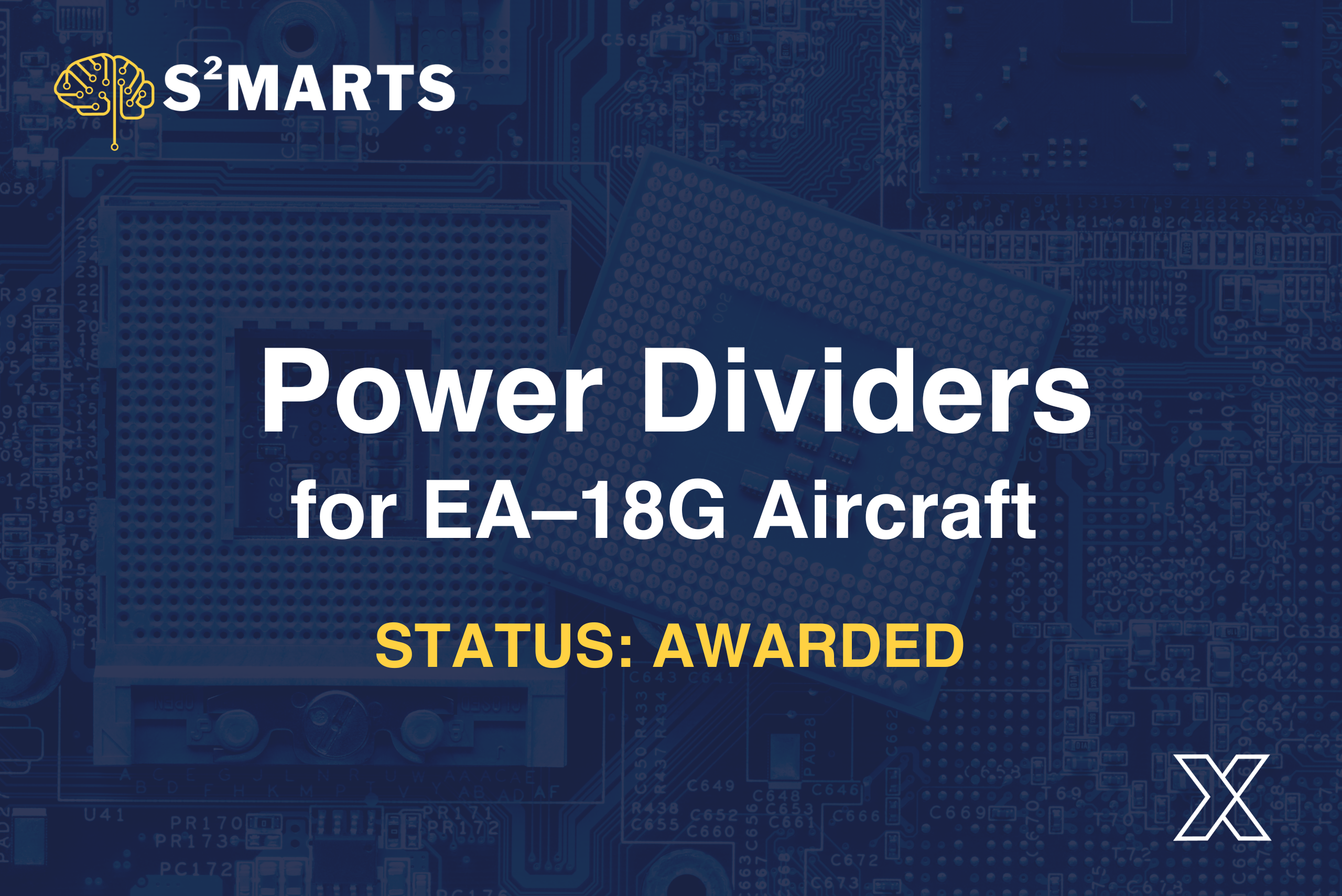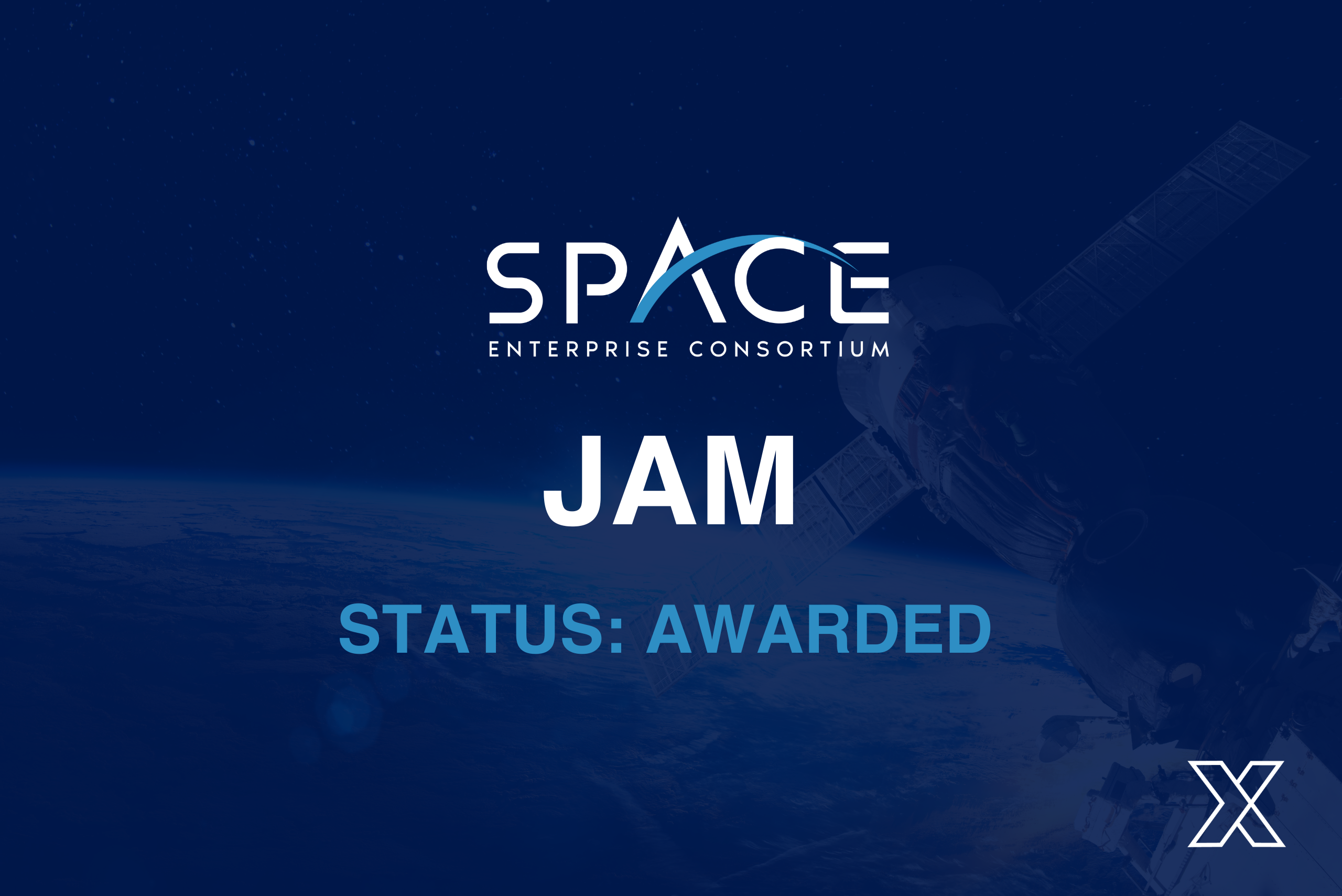Counter-Intelligence in Space Defense: U.S. Threat Responses
December 10, 2024

Now a globally contested domain, space is booming with advanced technologies. As nations and private entities race to establish a presence in space, the need for robust space defense has become paramount. A critical component of this defense strategy is counter-intelligence, a proactive approach to identifying, neutralizing, and mitigating threats to space assets.
The Evolving Space Threat Landscape
Nation-state adversaries, such as Russia and China, are developing advanced anti-satellite weapons and cyber capabilities that could disrupt or destroy critical space infrastructure. These disruptions would have serious consequences not only for U.S. Department of Defense (DoD) efforts but also for average civilians, considering our heavy reliance on GPS technologies, internet and mobile access, and more.
There are additional types of threats to consider. Non-state actors, including cybercriminals and terrorist organizations, are increasingly targeting space systems for espionage, sabotage, and extortion. Additionally, the boom of the commercial space industry poses yet another threat, introducing new vulnerabilities as private companies become reliant on space-based services.
The SpEC OTA: Empowering Space Defense Innovation
Counter-intelligence is essential to safeguarding space assets and operations. Key functions include threat identification, intelligence gathering, counterintelligence operations, and information security.
Many threat-responsive technologies are already being utilized by the DoD. In 2021, the U.S. Space Force stood up the Space Systems Command (SSC) in order to retain resilience and disrupt adversaries in the space domain. In order to expedite the prototyping and manufacturing of these technologies, SSC stood up the Space Enterprise Consortium (SpEC) Other Transaction Authority (OTA), an efficient contracting alternative that accelerates timelines and encourages collaboration with small, non-traditional organizations.
Counter-Intelligence Technologies in the U.S.
Since 2021, SSC has facilitated the development of many critical counter-intelligence technologies, including:
- Resilient GPS (R-GPS): R-GPS includes jamming-resistant signals, anti-spoofing measures, and alternative positioning systems to protect GPS signals and provide alternatives when signals are not available.
- Command & Control (C2) Systems: C2 systems are vital for managing and coordinating operations, whether military, civilian, or corporate. They facilitate decision-making, communication, and resource allocation by providing a unified view of the operational environment.
- Missile Tracking & Warning Systems: Missile Tracking and Warning Systems are designed to detect, track, and provide early warning of incoming missile threats. These systems utilize a network of ground-based radars, satellites, and sensors to monitor the airspace for potential missile launches.
- Quantum Sensing: Quantum sensing leverages the unique properties of quantum mechanics to create highly sensitive and precise sensors. These sensors can detect and measure phenomena with unparalleled accuracy.
- Advanced Satellite Technology: This technical area spans many fields, including miniaturization of satellites, enhanced sensors, electric propulsion, and laser communications.
In 2024 alone, the SpEC OTA facilitated five projects in the scope of the above technical areas. The R-GPS program, released in February of 2024, moved from Request for Prototype Proposals (RPP) to award in just 71 business days. Traditional contracting methods can take anywhere from 1-2 years to get on contract. With the power and efficiency of the OTA contracting method, the U.S. can produce counter-intelligence technologies at the speed of mission and ensure secure access to space-based technologies while contesting the foreign threats that are looming overhead.
About SpEC
The Space Enterprise Consortium (SpEC) was created in 2017 to bridge the cultural gap between military buyers and commercial space startups and small businesses through Other Transaction Authorities (OTA). The OTA innovative contracting process allows SpEC to solicit bids from a mix of member companies including companies that have not previously done work with the Department of Defense. SSC recently awarded management of the SpEC OTA to NSTXL to expedite the contracting between government and industry. NSTXL is focused on building a network of innovators and creators across the most sought-after emerging technology fields.






